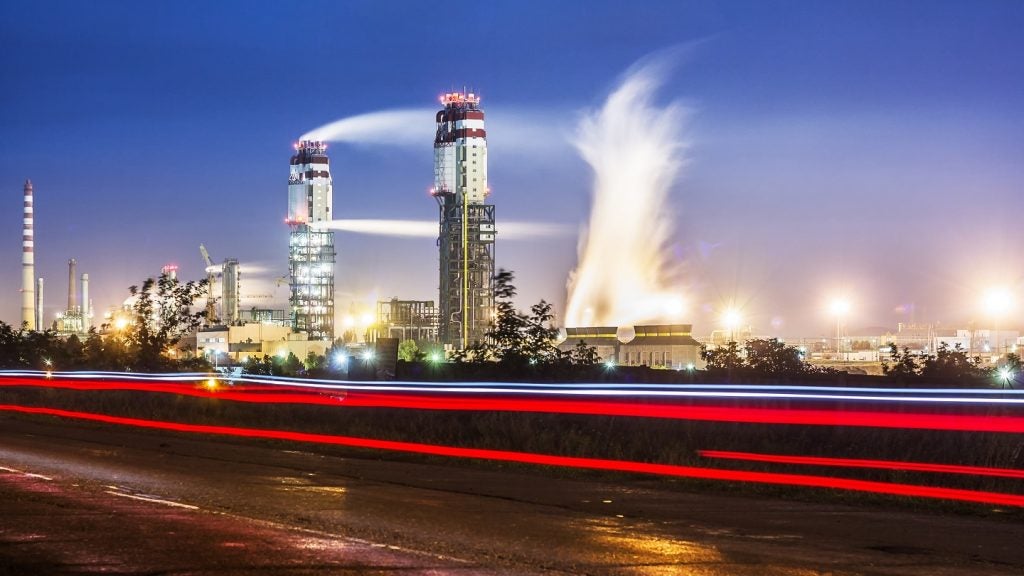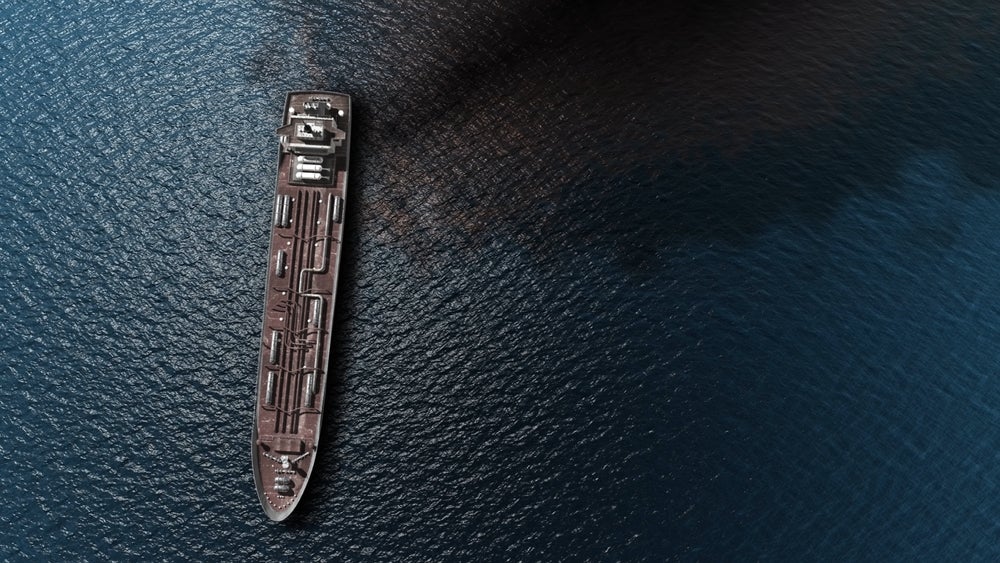Phase I of the CLOV development project comprises the Cravo, Lirio, Orquidea and Violeta fields. It is the fourth production hub in block 17 offshore from Angola, 140km from Luanda. Girassol, Dalia and Pazflor are the block’s three previous offshore developments.
Block 17 is operated by TotalEnergies, an oil and gas company based in France, which holds a 38% stake. The block’s other licensees include Equinor (22.16%), ExxonMobil (19%), BP Exploration Angola (15.84%) and Sonangol P&P (5%).
The CLOV development project’s first phase has estimated proved reserves of 505 million barrels to support production over a period of 20 years.
The development of the four fields in Phase I of the CLOV project was approved in August 2010. Production started in June 2014 at a rate of 160,000 barrels of oil per day (bopd).
CLOV Phase II project details
The CLOV Phase II project was launched in 2018, targeting an additional 55 million barrels of oil equivalent (boe) resources. It was connected to the existing CLOV floating production storage and offloading (FPSO) vessel in December 2021.
CLOV Phase II was expected to reach a production capacity of 40,000 boe a day by 2022.
CLOV development project details
Covering a 380km2 area, the CLOV Phase I development comprises a converted hull FPSO vessel, with a storage capacity of 1.8 million barrels, and an offloading buoy located 1.8km from the FPSO.
The project involves 34 subsea wells, including 19 producers and 15 water injectors, tied back to the FPSO unit.
Subsea7 installed the network of subsea pipelines for the project at a total length of 132km. It also installed a multiphase pump system, pipe-in-pipe flowlines measuring 38km, water injection lines measuring 58km, a 32km gas export line with risers, eight subsea manifolds, subsea umbilicals measuring 80km, 37 spools, and 15 jumpers.
The installation works for the subsea equipment were carried out using Subsea7 vessels, including Seven Borealis, Seven Eagle and Acergy Legend.
CLOV is the fourth development pole in block 17 and is located roughly 140km from Luanda.
CLOV FPSO construction and design
The CLOV FPSO was built by Daewoo Shipbuilding & Marine Engineering (DSME) at its shipyard in Korea. The first steel for the vessel was cut in July 2011 and the FPSO was delivered in June 2013. The FPSO’s construction required around 88,000 steel plates.
The vessel measures 305m in length and 61m in width, weighing 110,000t. Designed for 20 years of operations, it is spread moored in 1,291m-deep waters.
The FPSO produces more than 160,000 barrels of crude oil and treats 6.5 million cubic metres of natural gas a day.
Contracts awarded for the CLOV development project
FMC Technologies received a contract worth $520m to manufacture and supply the subsea production equipment.
The contract to carry out the design works for the topsides of the FPSO was awarded to KBR in October 2010. Metso supplied its stainless-steel valve controllers for the FPSO, while POSCO supplied the steel plates for its construction.
GE delivered four LM 2500+ G4 SAC aero-derivative gas turbines for power generation and five compressors for the FPSO as part of a $113m contract.
Aker Solutions, in collaboration with Framo Engineering, supplied a 10.6km multiphase power and control umbilical (MPP umbilical) for the project. The MPP umbilical was used to provide the system functions for the Framo multiphase pump station integrated into the project.
Technip was contracted to deliver dynamic and static production and water injection umbilicals measuring 76km for the project.
The Cravo, Lirio, Orquidea and Violeta fields have a combined production capacity of 160,000 barrels of oil a day.
VWS Westgarth, a subsidiary of Veolia Water Solutions and Technologies (VWS), was contracted by DSME to design, supply and deliver an ultrafiltration system with a capacity of 66,208m³ a day, as well as a sulphate removal package (SRP) system with a daily treatment capacity of 59,496m³.
The electrical equipment used for the project was supplied by Converteam, which provided five complete variable speed drive systems, including induction motors for the main gas compressors of the FPSO. The electric motors for the water injection pumps were supplied by Sulzer.
Fairstar Heavy Transport (FAIR) was contracted to transport the FPSO components from Angola to Korea for the project. The works were carried out using FAIR’s semi-submersible vessel, FJORD.
Heating, ventilation and air conditioning (HVAC) products and solutions, such as valves, fire and gas dampers, monitoring systems, dampers, airflow management and distribution products, were supplied by Halton. The laundry machines for the FPSO were supplied by Loipart.
In December 2020, Norco Group received a three-year maintenance contract, with an optional two-year extension, for uninterruptible power supply (UPS) systems and standby battery equipment on the block 17 assets and the CLOV FPSO.












